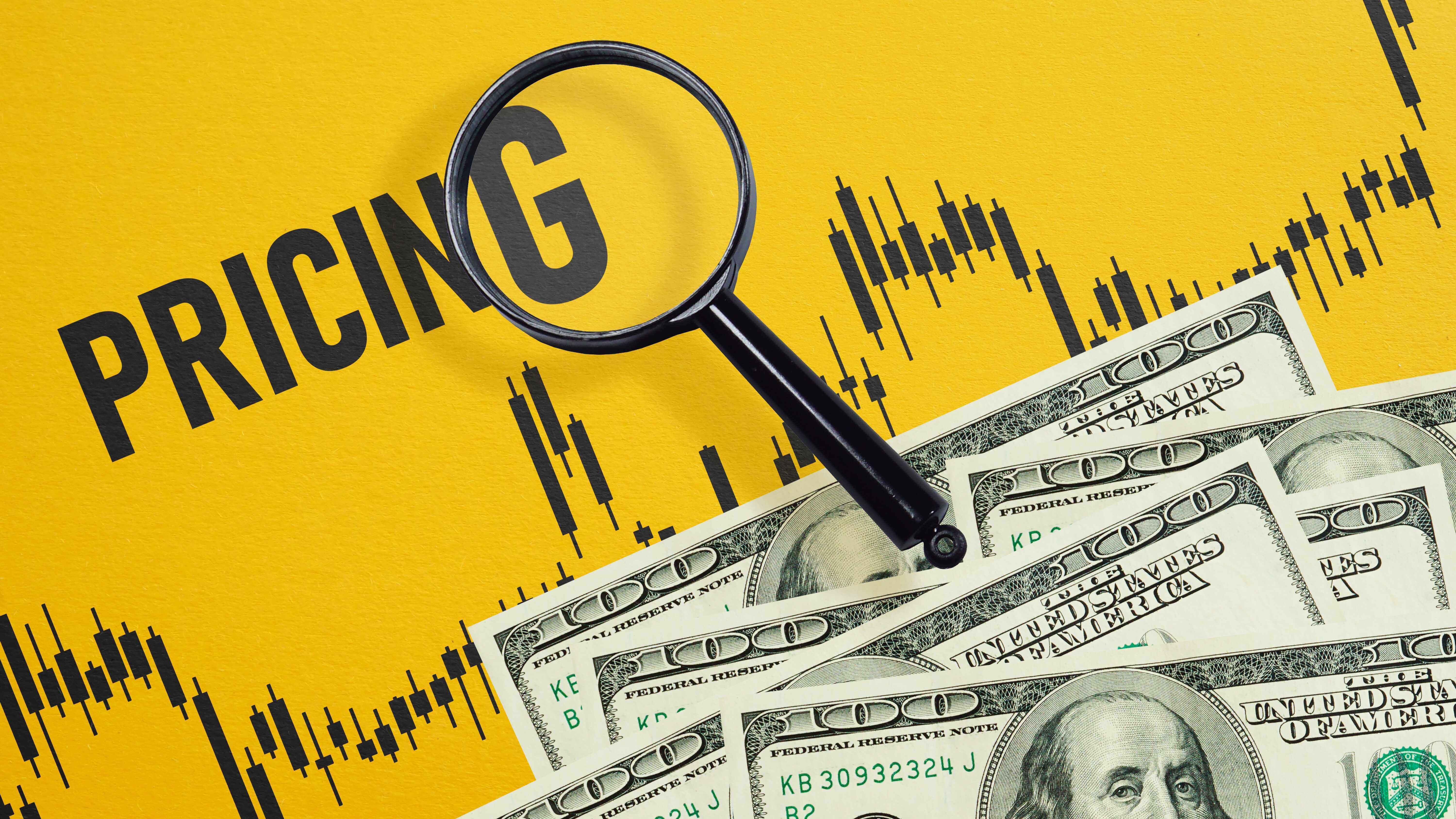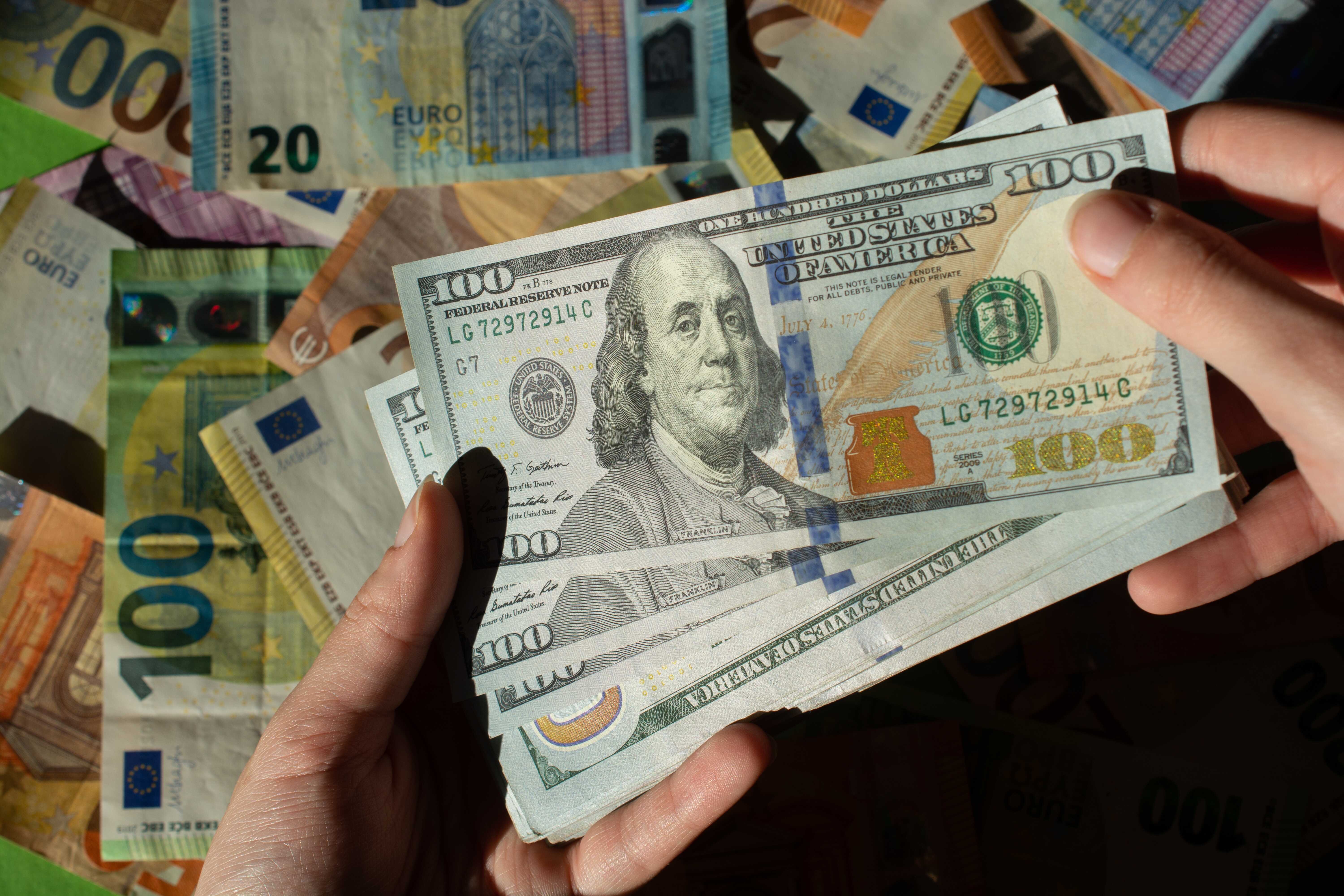Why Unitedhealth Group Stock Lost 17% In December

Shares of UnitedHealth Group (NYSE: UNH) were pulling back in December due to a backlash against the company following the murder of one of its executives and reports of a potential crackdown on pharmacy benefit managers (PBMs), including UnitedHealth's OptumRx.
Other media reports also shone a harsh light on the business and could lead to more regulation or an overhaul of some healthcare industry practices.
Start Your Mornings Smarter! Wake up with Breakfast news in your inbox every market day. Sign Up For Free »
According to data from S&P Global Market Intelligence, the stock lost 17% last month. As you can see from the chart, the stock fell in three stages over the first half of December, and then traded sideways for the rest of the month.
Pressure mounts on UnitedHealth
UnitedHealth stocks initially rose after Brian Thompson, the CEO of its insurance division, was murdered on Dec. 4, but it then fell sharply over the next two sessions as thousands of people on social media took the opportunity to vent their frustrations about the healthcare system and UnitedHealthcare's practices in particular. Among the data points that circulated in the days following the murder was a chart showing that UnitedHealth denied 32% of claims, double the industry average. Other reports showed that the company used an artificial intelligence (AI) model with a 90% error rate to deny claims. UnitedHealth later issued a statement pushing back on what it said were false claims, noting that it approves and pays 90% of medical claims upon submission.
After a brief recovery early the following week, the stock fell again on reports that a bipartisan Senate bill would seek to break up PBMs, a major source of profit for UnitedHealth, Cigna, and CVS. All three health insurance stocks fell on the news, and the following week, President-elect Trump weighed in, saying he wanted to "knock out the middle man" in drug sales, referring to PBMs.
Finally, at the end of the month, The Wall Street Journal reported that UnitedHealth's software often led doctors to make diagnoses that were irrelevant or wrong, the latest red flag about the company's practices.

Image source: Getty Images.
What's next for UnitedHealth?
It's unclear if there will be any meaningful regulatory changes that will impact UnitedHealth's business, but the bad press and general backlash could lead some customers to reconsider using the company as their insurance provider.
Early in the month, UnitedHealth reaffirmed its adjusted earnings per share guidance of $27.50-$27.75 for 2024 and forecast $29.50-$30 in adjusted EPS for 2025.
At its current price, the stock trades at a reasonable forward P/E of 17, but reputational and regulatory risk could weigh on the stock in 2025.
Should you invest $1,000 in UnitedHealth Group right now?
Before you buy stock in UnitedHealth Group, consider this:
The Motley Fool Stock Advisor analyst team just identified what they believe are the 10 best stocks for investors to buy now… and UnitedHealth Group wasn’t one of them. The 10 stocks that made the cut could produce monster returns in the coming years.
Consider when Nvidia made this list on April 15, 2005... if you invested $1,000 at the time of our recommendation, you’d have $847,637!*
Stock Advisor provides investors with an easy-to-follow blueprint for success, including guidance on building a portfolio, regular updates from analysts, and two new stock picks each month. The Stock Advisor service has more than quadrupled the return of S&P 500 since 2002*.
*Stock Advisor returns as of December 30, 2024
Jeremy Bowman has no position in any of the stocks mentioned. The Motley Fool recommends CVS Health and UnitedHealth Group. The Motley Fool has a disclosure policy.


